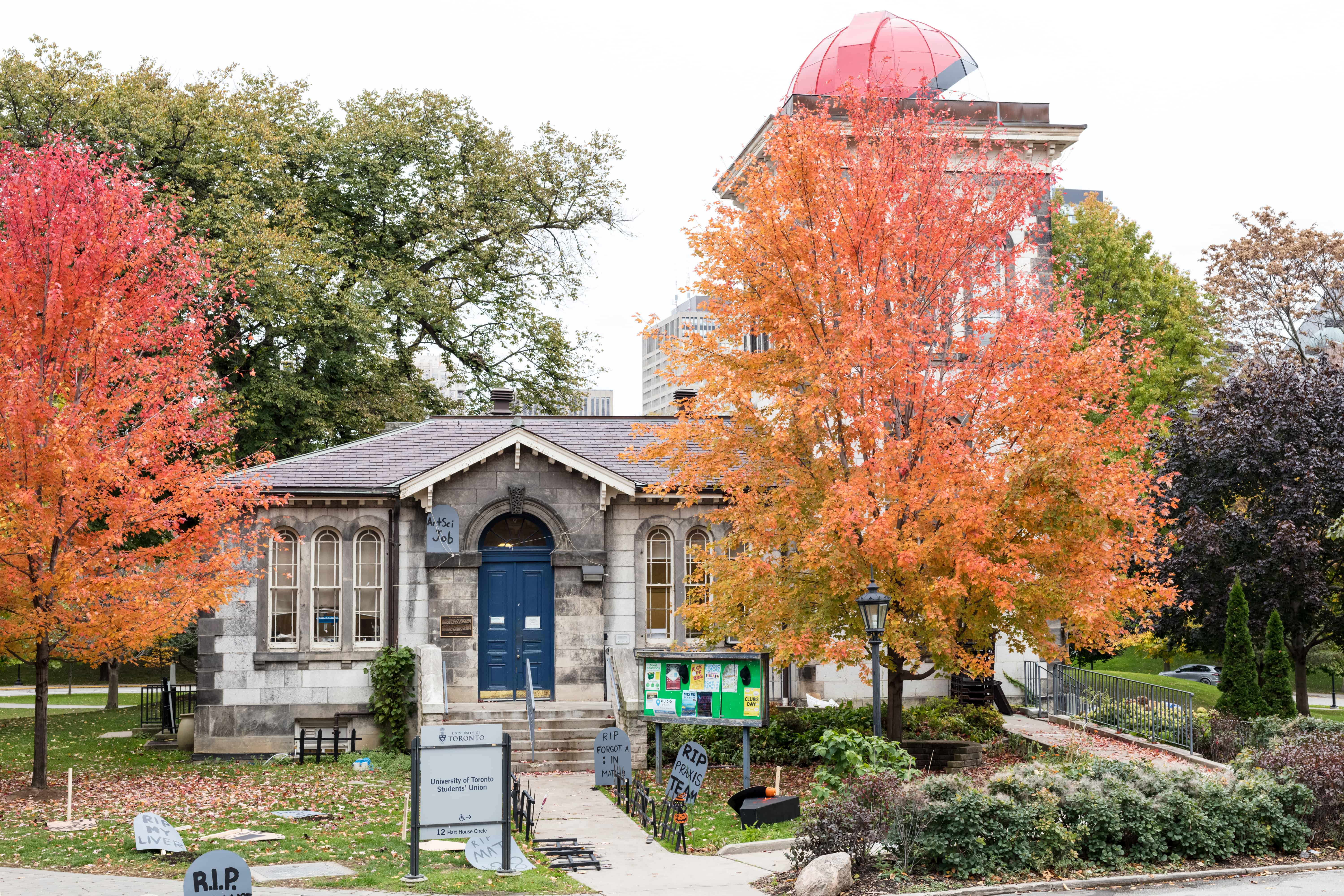The Black Liberation Collective (BLC) has criticized the UTSU for the low attendance at its “Town Hall to Confront Antiblackness Within the UTSU,” which took place last Thursday.
Among the 13 people who were present, there were five attendees; UTSU executives and staff made up more than half of the people in the room.
Jean Samuel, an anti-oppressive facilitator who had worked in child welfare for over 20 years, led the discussion. The town hall was originally organized as a forum for Black students to share their grievances against the UTSU, but Samuel reframed it as a forum for “understanding allyship in confronting anti-Blackness at UTSU” due to the lack of Black students in attendance.
Halfway through the event, Yusra Khogali, who is one of the organizers of the BLC, walked in and expressed her disappointment at the turnout of the event.
“This town hall was an opportunity to actually come and open up a space to really mend the relations with Black students on campus. This was the opportunity,” she told Samuel. “But they failed once again, because they treat black students like they don’t matter.”
One of the two Black students who attended the town hall was Ifrah Farah, a Woodsworth College student who was a member of the UTSU Board of Directors last year.
“Well, I had only found out about I think four hours prior, so it was pretty last minute,” she told The Varsity. “I [kind of]… expected what had happened to happen just because I did notice that the outreach was not the best and I was disappointed in that, but I did have some things to say.”
In a statement posted on Facebook, the BLC called the town hall “useless.”
“We see this town hall for what it is, which is nothing more than the UTSU pretending to address their antiblackness for good PR,” a portion of the statement reads. “This does not meet our demand in any way, and if the UTSU is serious about taking up this work then they need to invest time and effort into the needs of the Black student membership.”
The BLC’s statement also says that their group, along with other Black student groups, were not consulted during the planning of the town hall: “If UTSU claims to be holding space for their Black membership, then Black students need to be reached out to and consulted with.”
UTSU President Jasmine Wong Denike acknowledged that the town hall “was poorly executed.”
“We organized the town hall for our Black members, in order to give them an opportunity to voice their concerns,” she told The Varsity. “We’re still committed to those members, and to working with them to serve them better.”
Denike also said that the union did consult with Black student leaders prior to the town hall. “Obviously there’s something wrong, and the UTSU needs to step up. Communicating and repairing these relationships is a top priority,” she stated.
More consultation was something that Samuel also emphasized, and she encouraged the union executives to sit down with the leaders of every single Black student group on campus.
“Hopefully going forward, when [the UTSU is] accused of anti-Black racism, they’re going to take it more seriously and all work towards making sure they reach out to the proper organizations that they should reach out to,” Farah said.
The UTSU Social Justice & Equity Commission is also holding a town hall on anti-Blackness at U of T on November 17; Denike did not respond to inquiries regarding how this town hall will be different from the last one.
The BLC told The Varsity that the group has not had communications with communications with the UTSU since the town hall.
The group launched a boycott of the UTSU last month and claims to have received over 300 signatures in support. In addition to a town hall, the group’s demands to the union include increased funding for Black student clubs and dropping the lawsuit against former Executive Director Sandy Hudson.
Editors’ Note: This article has been updated to include comments from the Black Liberation Collective.


